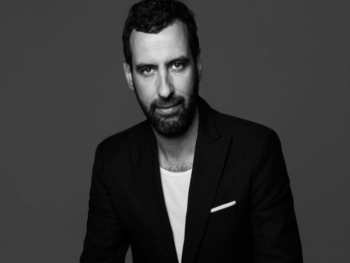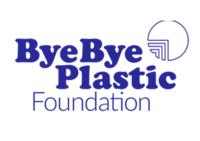Amsterdam's 'Nightlife Mayor' Wants To Revolutionize The Future Of Los Angeles Nightlife
Amsterdam's 'Nightlife Mayor' Wants To Revolutionize The Future Of Los Angeles Nightlife
Back in September, California lawmakers corked Senate Bill 384, a proposal to extend bar operating hours until 4 a.m. Some of the document's primary arguments highlighted a potential economic boost for local vendors as well as preventing young adults from moving to unsafe or illegal spaces after venue closing hours.
But this isn't the end of the road, especially if Mirik Milan, former party promoter turned Amsterdam's "Nightlife Mayor" in 2012, is able to introduce the central European hub's realistic and successful policies to L.A. officials. Admittedly, Milan, whose radical nightlife project has influenced many of the world's major party meccas such as London, Berlin and, most recently, New York City, understands "Los Angeles is a tough city to crack." So, he can't do this alone.
During a recent trip to Southern California, Milan met with many nightclub operators and nightlife influencers in the L.A. area as well as the city's Mayor of Economic Development to begin inaugural conversations. Part of his week-long visit included a panel chat with prominent L.A. night figures David Ambrose, President of Los Angeles Planning Commission; Elizabeth Peterson, CEO of Elizabeth Peterson Group and A Club Called Rhonda co-founder, Loren Granich. The room filled to capacity with journalists, dance music tastemakers and nightlife enthusiasts seemed overwhelmingly on board to move forward with this push to put Los Angeles on the map of must-visit global nightlife destinations and to create a cohesive working relationship between municipality and venue operators and promoters.
Before the open forum discussion at local venue Neuehouse, Milan dropped by Billboard to expand upon the reception of his introductory visit, limiting policing, cost effective methods for taxpayers, and even a more realistic approach to inevitable alcohol and drug use inside clubs.
How did you get involved as "Night Mayor" of Amsterdam?
I was elected in 2012, back then it was voluntary position. The title of "Night Mayor" was already there for more than ten years but it was never really taken seriously, it was more like a cool title people gave. I'm the eyes and the ears of the Mayor by night, we work really closely with his office and his door is always open to us so this gives us lots of access to make sure the right people are at the table when these decisions are made. What we do is city planning at night, which is a field that is pretty new actually. The knowledge of the good operators of the city is at the table when these decisions are being made so that City Hall isn't policing their failures.
How did you get officials to take the nightlife's importance and benefit seriously?
When I started, I immediately understood if you want to have real impact in the city -- I think we're always fighting for getting acknowledgement, for the cultural and creative value that our subculture of nightlife creates for the city. What we want to do is influence the system-making on a higher level. I felt we needed to create this independent, not-for-profit outfit. Make it really transparent and really try to get the nightlife scene and operators unified and working together, to come together with a shared vision and propose this to city hall to also get their support. We really work as an advocate for nightlife, but we're also a partner of City Hall as well.
You can read Milan's full interview with Billboard Magazine here.








